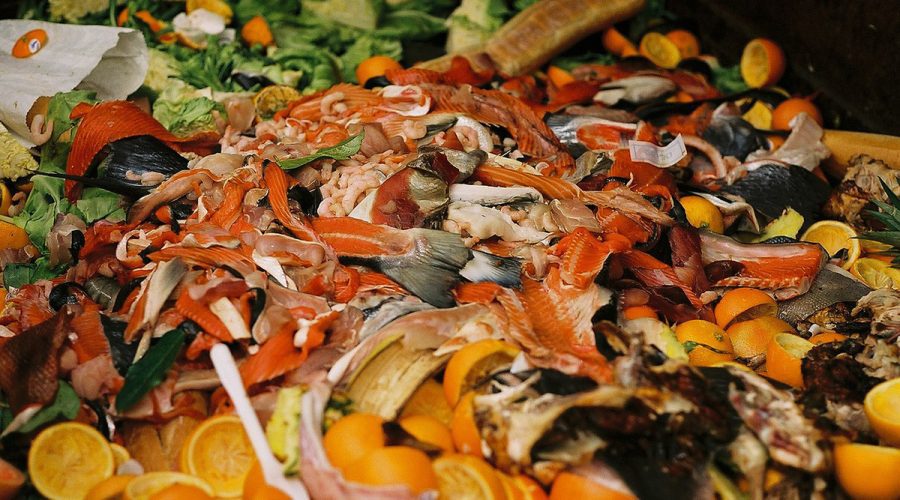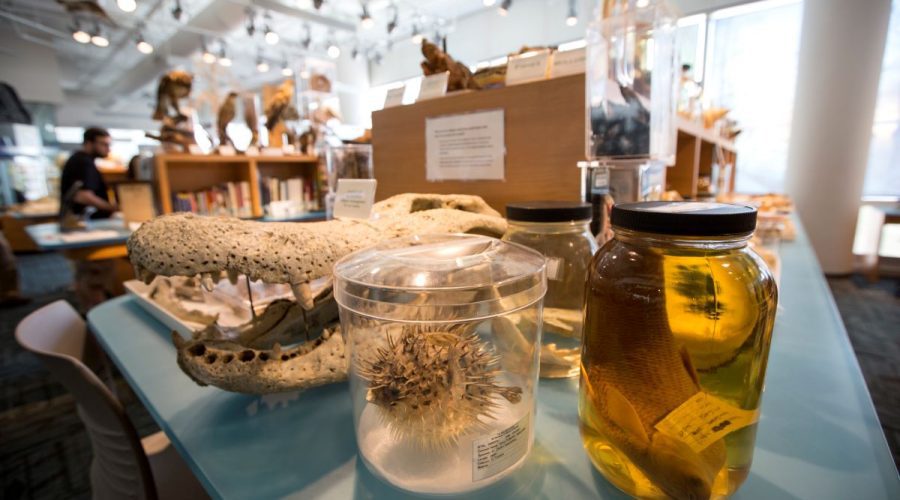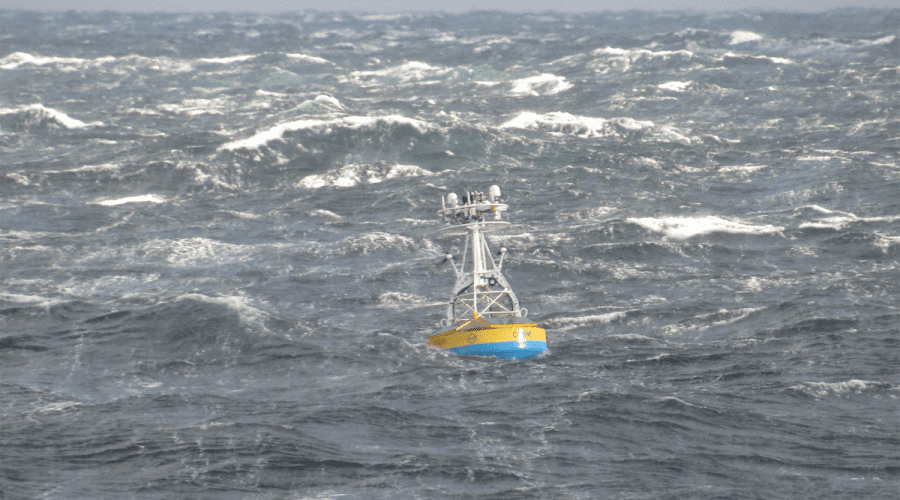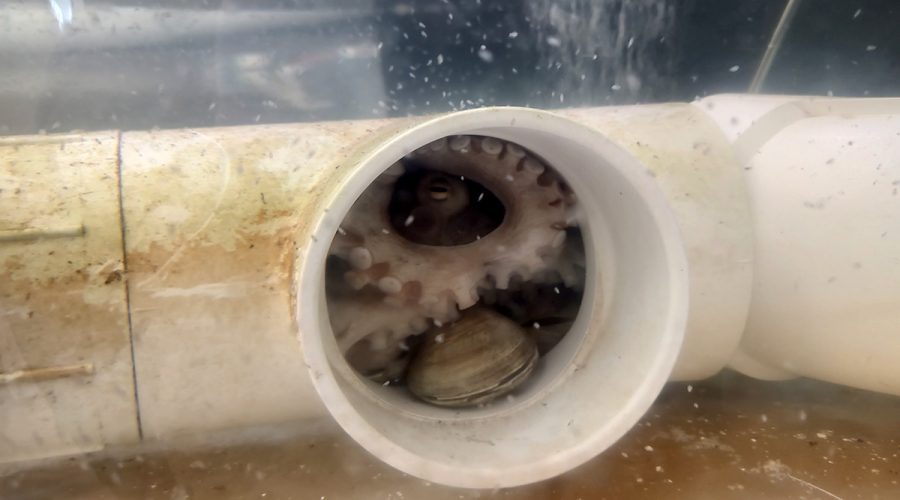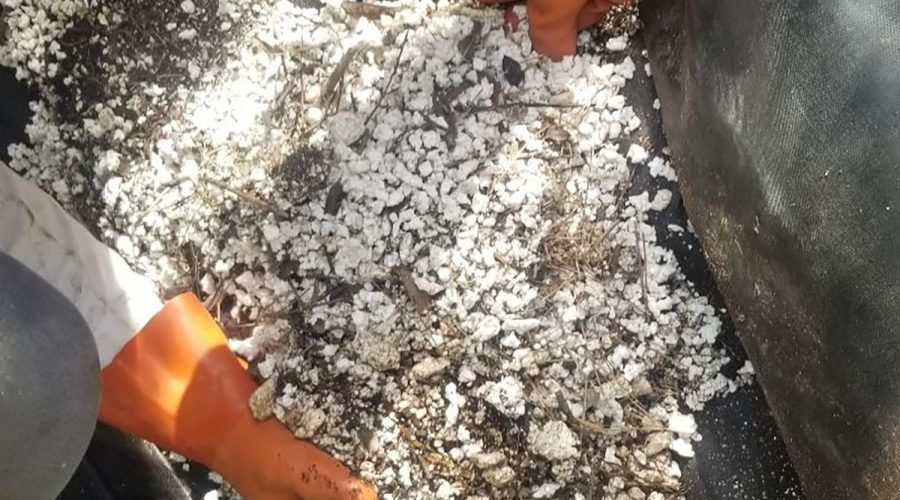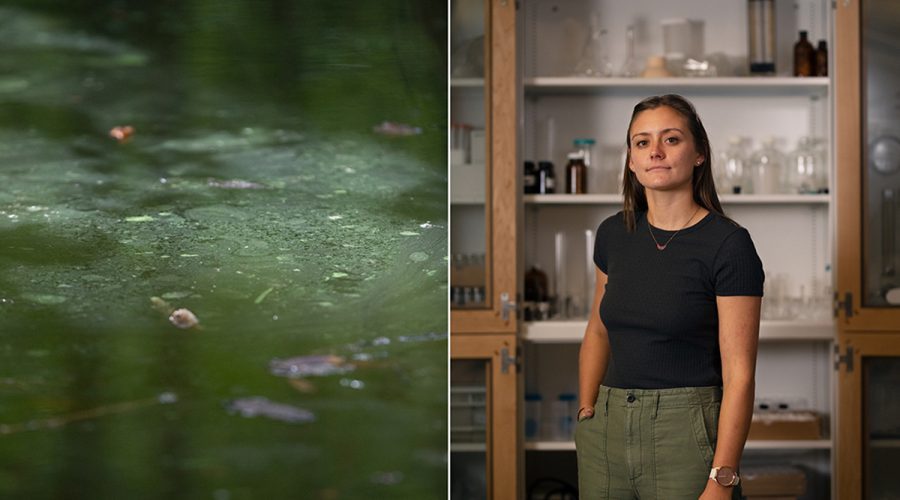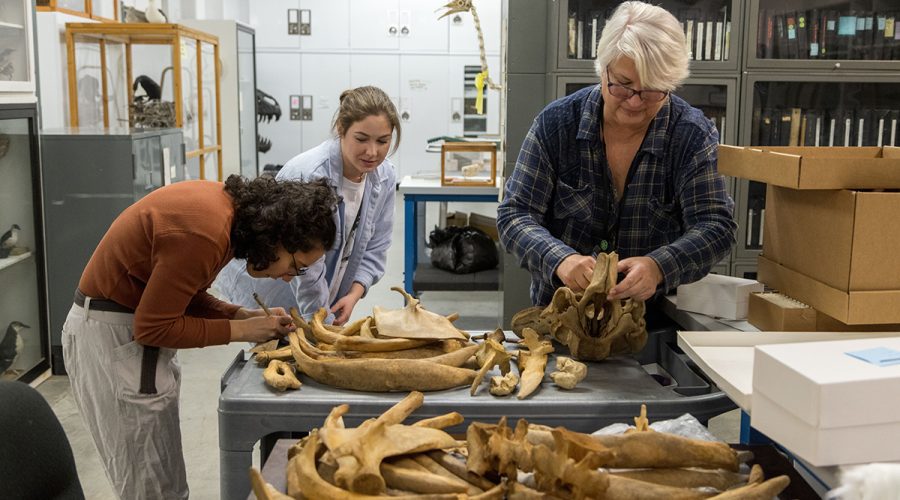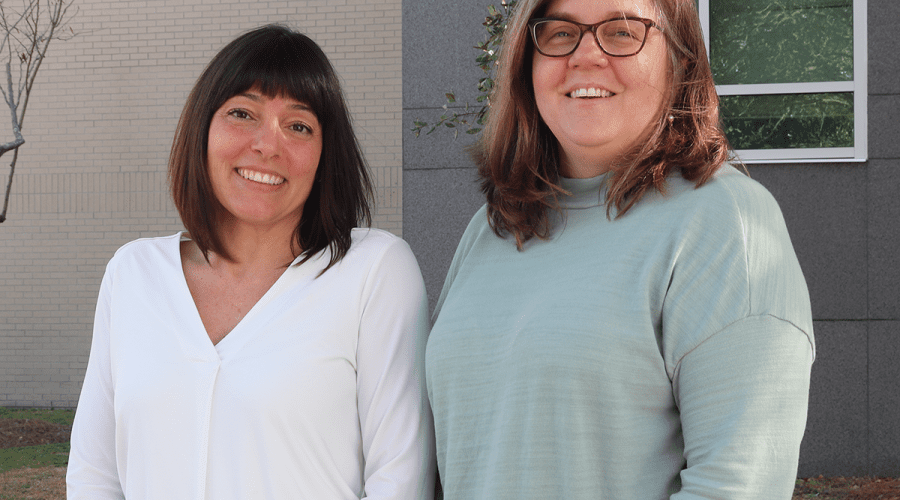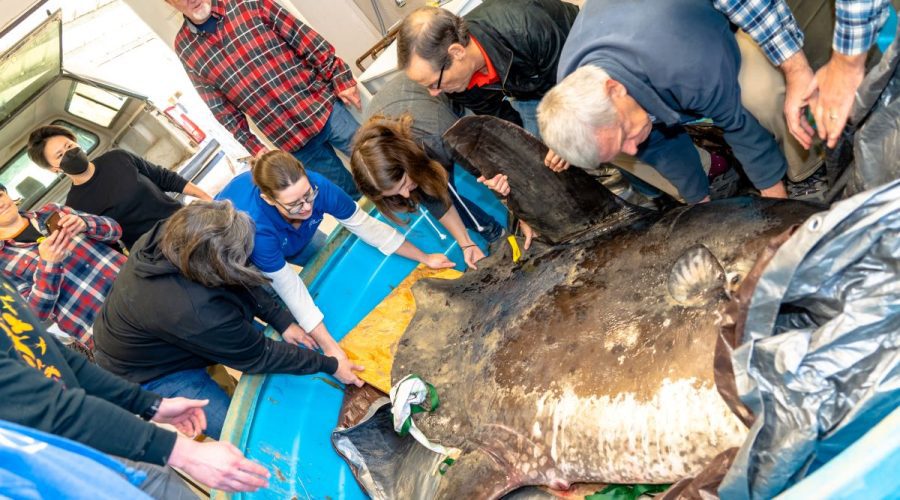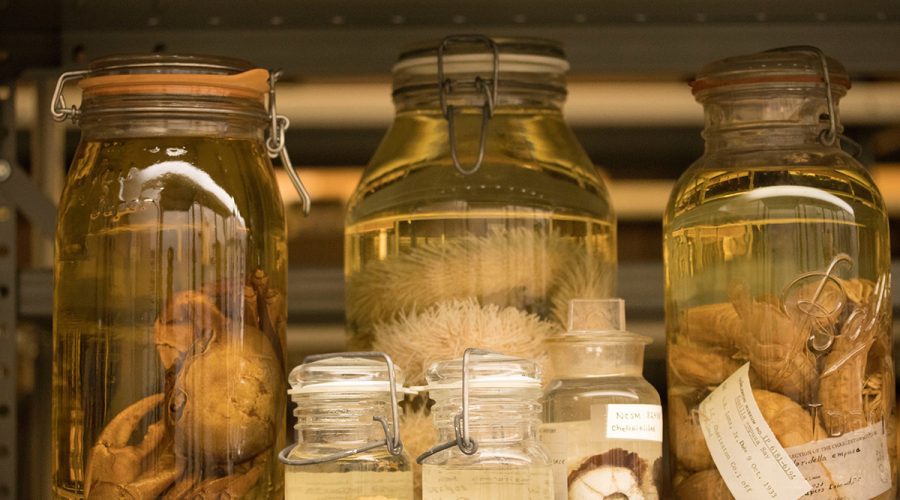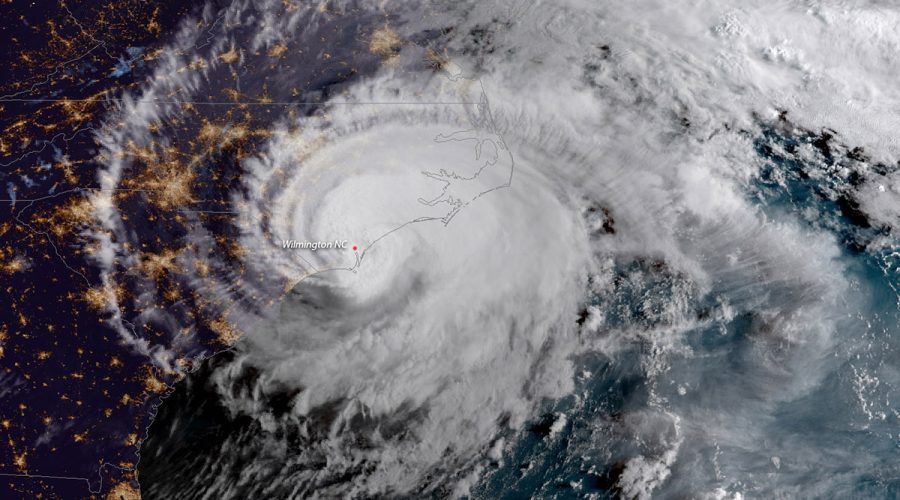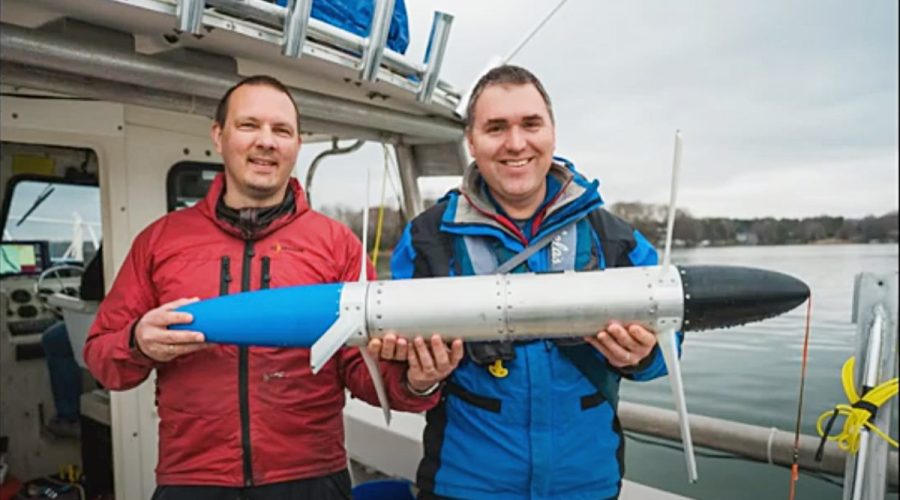Of the PFAS found in drinking water samples collected across 16 states, nearly half are not monitored by the EPA, according to a recent study.
Science
PFAS may not offer fabric stain protection as hyped: Study
Unless the conditions are near perfect, PFAS coatings on commercial indoor furniture appear no more effective at repelling stains than untreated fabric, new research finds.
Urgent action needed in food sector to curb warming: Study
Changing diets, curbing food waste and optimizing agricultural production practices could contribute significantly to lessening the anticipated effects of climate change.
Museum’s ‘Ask a Naturalist’ takes nature-based questions
The N.C. Museum of Natural Sciences program connects anyone anywhere who has a question about nature with specialists who have the answers.
Climate change making allergy season longer, worse: Study
Bad news for the sniffly: A new report finds that as warmer temperatures increase the length of growing season, plants are releasing pollen and mold spores for a longer period of time.
NC coast new home for complex ocean-observing system
Ocean Observatories Initiative, through Woods Hole Oceanographic Institution, is doing preliminary testing before relocating next year an ocean-observing system to off the coast near Nags Head.
College aquaculture lab turns nursery as octopus eggs hatch
The aquaculture program at Carteret Community College recently welcomed tens of thousands of tiny, wiggly bundles of joy, an unusual success — so far.
Wording matters when talking about climate change: Study
The public’s perception of certain terms and phrases can influence how they perceive and respond to information about climate change, according to new research.
Foam from damaged docks leads to microplastics: Report
With data collected by volunteers, the North Carolina Coastal Federation has released a citizen-science report on microplastics littering the state’s southern beaches.
Algal bloom research effort a community collaboration
UNC researcher Haley Plaas has partnered with the Chowan Edenton Environmental Group see if harmful algal blooms correlate with poor air quality.
To move a manatee: Museum catalogs skeletal specimen
Getting an 800-pound manatee that stranded in 2021 in Kill Devil Hills to the North Carolina Museum of Natural Sciences in Raleigh, where its bones are being catalogued for researchers, took a lot of collaboration — and dirty work.
Researchers to evaluate why some seagrasses adapt better
University of North Carolina Wilmington researchers Jessie Jarvis and Stephanie Kamel recently received a grant to study seagrass resilience to help reverse the course of declining underwater meadows.
Museum researchers preserve 450-pound sharptail mola
Once the preservation process is complete on the species of mola fish that washed ashore at North Topsail Beach, the specimen will become part of the Ichthyology, or fish, research collection at N.C. Museum of Natural Sciences in Raleigh.
Spineless specimens may hold clues for coastal researchers
The non-molluscan invertebrates collection at the N.C. Museum of Natural Sciences could unlock mysteries of the coastal environment and help better gauge the effects of climate change and pollution.
Weak tropical cyclones are intensifying as oceans warm
A study finds that forecast methods may underestimate tropical storms and Category 1 hurricanes, which have had bigger impacts over the past 30 years because of climate change.
Coastal researchers see potential in capturing ocean energy
As wind and solar become a bigger part of the energy mix, North Carolina researchers are looking to also harness the Atlantic Ocean’s power.



